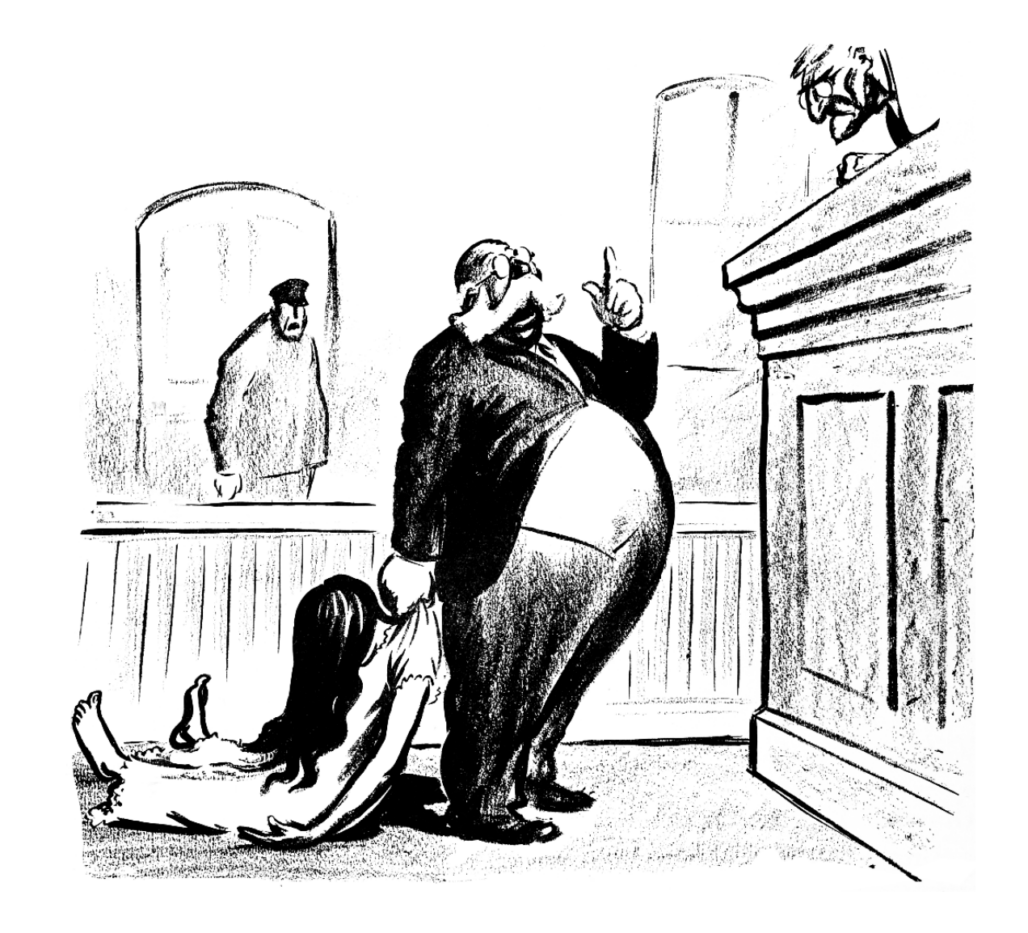
The Masses, September 1915

The Masses, September 1915
Call it a vibe shift; call it a backlash; call it the dawn of a new reactionary era in America. Even the mainstream liberal media has given up on the idea that Donald Trump was an aberration and that, with him out of office, the nation will course-correct towards something like progress. The paper of record has finally decided to take Tucker Carlson seriously; major publications are sending correspondents into the wilds of lower Manhattan to ask why a handful of “cool kids” have cast off socialism in favor of the now-edgier right wing.
It’s not just that the protest movements of the Trump years have run out of steam, co-opted or manipulated into symbolic victories by Washington, Hollywood, and Wall Street. Or that police budgets keep expanding, emissions continue their inexorable rise, each mass shooting iterates grotesquely from the last — with no end in sight. It’s also that, on so many fronts, we’re losing ground we thought we’d won. Democrats are poised for a defeat in the midterms, with barely anything to show for their victory last time around. After we masked up and voted for a president who promised to steward us through the Covid-19 crisis more responsibly than his predecessor, the federal government has given up any pretense of protecting the general public from a pandemic that the miracle vaccines seem ill-equipped to halt. The principal feminist victory of the second half of the twentieth century is about to be undone.
The latest polls show a record 61 percent of Americans in favor of legal abortion, with 64 percent believing Roe should remain in place — the same fraction of the country that also supports an assault weapons ban. But if you don’t live in a society in which the will of the people has any bearing on political outcomes (what’s sometimes referred to as a “democracy”), public opinion only matters to a certain extent. And in the contemporary United States, the popular discourse and the actions of government seem to run on non-intersecting tracks. Perfecting the party line, ironing out the right slogans, crafting elegantly worded chants and protest signs, platforming and deplatforming and debating the merits thereof, voting for the politicians who tell you in alarmist email subject lines that they are asking you (humbly, one last time, reaching out to you personally, this is not a drill) to give them your money so that they can protect Roe or make more impassioned speeches about gun control — it’s all in some sense a sideshow, a distraction from the real workings of power.
As you probably gathered if you glanced at our table of contents, we’re not feeling too optimistic. This issue, we’ve got a “doom” section and a “gloom” section; pick your poison. Rose Nguyen diagnoses a fundamental contradiction in the emergent Asian American activist movements, while Natasha Boyd diagnoses us all with stomach problems. Erik Baker reminds us why no company — not even one as seemingly wholesome as Amy’s Kitchen — will ever be a family. Jake Bittle asks if the left-wing stance on green capitalism represents an outdated idealism, and Chanelle Adams excavates the colonial fantasy undergirding Barack Obama’s new Netflix series, Our Great National Parks. Reflecting on the perpetual horror that is the U.S. immigration system, Elisa Gonzalez asks us to look beyond the outrage cycle. Oscar Schwartz is wondering why so many female characters on screen are leaving their partners and blowing up their lives — but still not getting written well — and Gaby Del Valle is considering what it means for Disney to get into the business of affordable housing. Reviewing a new parenting memoir, Piper French looks on as the personal essay generation procreates.
When times are tough and the political situation dire, we’re periodically told, art flourishes. Whether or not that’s true, our fiction and poetry contributors seem to be managing rather well. Alec Niedenthal’s “The Patriotic Hat” returns us to the Trump years — in what will hopefully remain a retrospective and not prescient story — charting deep currents in the American psyche. Hannah Kingsley-Ma’s “All Kinds” looks at early motherhood at a close range — but not too close. Madeline Cash’s “Hollywood Tours” immerses us in a world of Kuwaiti oil and videogame war crimes.
We hope you’ll also enjoy this issue’s robust poetry section, which raises a number of pressing questions: “Isn’t it a tragedy how we all have names?” asks Kindall Fredricks. “When is pain real?” Isabel Duarte-Gray wants to know. “Aren’t vows meant for the giant to hear,” Robin Myers wonders. Kevin Holden’s “Polytopes” finds the head of Orpheus in a wicker basket, while the subject of Emily Skillings’s “The Fool” finds herself trapped in a poem.
In our Dispatches section, we ask some of our favorite novelists, critics, and past short story contributors — Clare Sestanovich, Alexandra Kleeman, Andrew Martin, Christian Lorentzen, Missouri Williams, Gabriel Smith, Tope Folarin, Hannah Gold, Sanjena Sathian, and Lucie Elven — what on earth is going on in contemporary fiction. Our interview is with the writer Pankaj Mishra, an astute theorist of the badness of everything, and our Mentions contributors opine on the cryptic Twitter feed of W.G. Sebald’s widow, Watergate salad, Bridgerton’s “color-conscious” casting, and more.
We’re not kidding ourselves: publishing a magazine on a shoestring budget isn’t going to stop a highly organized and well-funded right-wing revanchist movement. But even if you’re as demoralized as we are, we hope this issue can provide a bit of relief from the mostly unremitting indignity of American political life. A bright spot, perhaps: The Drift has now survived for two years. If you think what we’re doing is worthwhile, please consider supporting our work with a subscription or donation. We hope to stick around for some time yet — at least until the backlash comes for us.